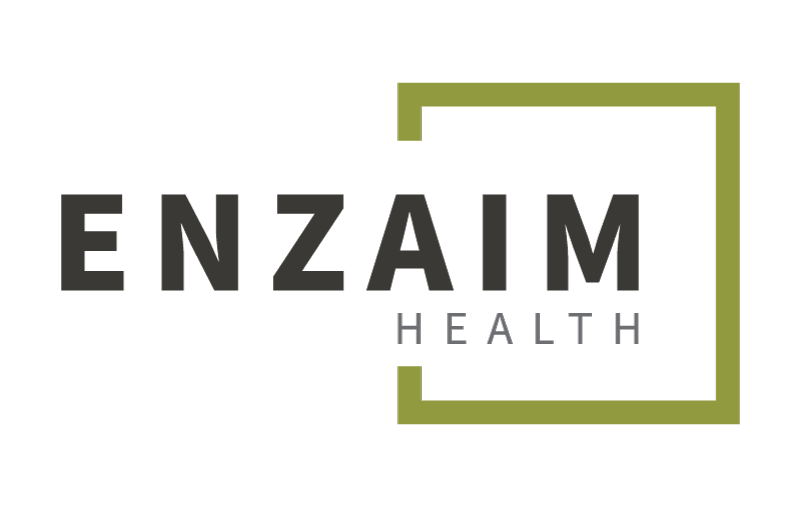
헬스케어 이슈를 글로벌 시각으로 바라보는 'Health Zoom In(헬스줌인)'
'헬스줌인'에서는 원어민 의사(M.D.) 찰리 비튜라웡(Charles Viturawong) 매니저가 국내외 헬스케어 산업과 관련된 트렌드와 인사이트를 소개합니다. 찰리 비튜라웡 매니저는 현재 엔자임헬스에서 의학 프레젠데이션 및 의학 논문 코칭 서비스 '닥터잉글리시(Dr.English)'를 담당하고 있으며, 헬스케어 의학 자문과 글로벌 헬스케어 리서치를 활발하게 진행중입니다.
Work, how much should we be doing?
Whether mandated by governments or voluntarily initiated by employers, the pandemic has brought about or accelerated change in the way people work. The big example of this is remote work/work from home. Here in Seoul, we have been at the government’s highest level of social distancing for more than 2 months now. For us Enzaimers, that means full-time work from home since mid-July. Before that, we’ve had varying levels of work from home from the beginning of the pandemic.
There are plenty of benefits to remote work, such as flexibility and lack of a commute, but, as I’m sure you know, there are also a number of concerns. For example, employers worry that it affects productivity. Some are worried enough that they are forcing employees to install remote monitoring software to encourage them to stay on task. On the other end of the spectrum some employees complain that they work longer hours now that they are working from home. Perhaps this is because they take more breaks or perhaps it is because working from home blurs the lines between private and professional life. One thing is clear though: there is increasing discussion over how much we should be working.

A study recently published in the Journal of Personality and Social Psychology (link to summary) looked at this, in a way – they looked at how free time affected well-being. Unsurprisingly, they found that having low amounts of free time was linked with a low sense of well-being. However, they also found that while having more free time increased well-being, above 5 hours of free time, well-being plateaued or decreased. We’ve all heard stories of retired people being bored with having nothing to do, so this does make sense, but I was surprised that the threshold was as low as 5 hours. They researchers also found that doing “productive” things with free time was better for well-being than “non-productive” things.
In any case, I’m not suggesting this study is groundbreaking or definitive, but rather it was interesting to me because usually, conversations about work are about being over-worked and not about being “under-worked.” I will say that as I sit here, writing this entry from the comfort of my home with my cat curled up next to me, I have been pretty lucky and would put myself at the lower end of the work-related stress scale. However, this is still important to think about, and we should all be willing to have the conversation about work in an honest and open manner.
Editor
Charles Viturawong/manager
Medical Education and International Communication Team
'_Enzaim Insight > Enzaim Column' 카테고리의 다른 글
| [헬스케어칼럼] Health Zoom In -Digital Therapeutics? (0) | 2021.11.26 |
|---|---|
| [헬스케어칼럼] Health Zoom In - 'Learning Language: Digital vs Analog' (0) | 2021.07.22 |
| [헬스케어칼럼] Health Zoom In - 'The Vaccine is Here!' (0) | 2021.03.04 |
| THE PR 백신 커뮤니케이션 좌담 ①~③ - 김동석 엔자임헬스 대표, 김희진 연세대 보건대학원 교수, 유현재 서강대 지식융합미디어학부 교수 (0) | 2021.02.08 |
| [헬스커뮤니케이션닥터] 코로나19 백신, 소통의 성공 조건 (0) | 2021.01.20 |



